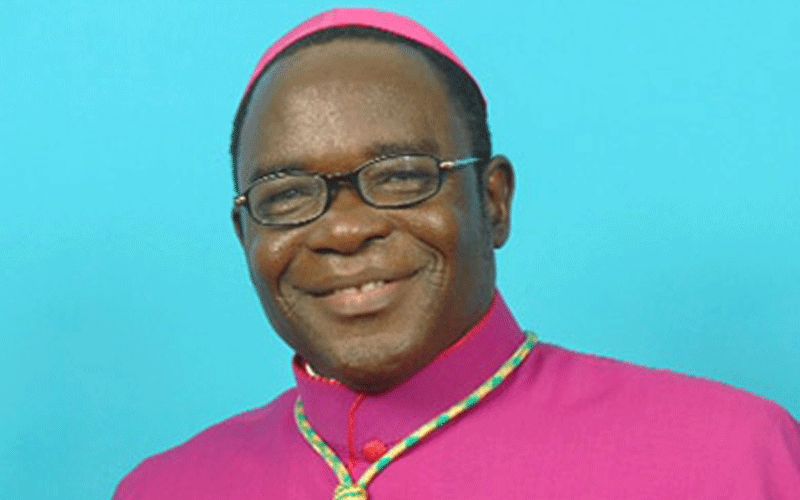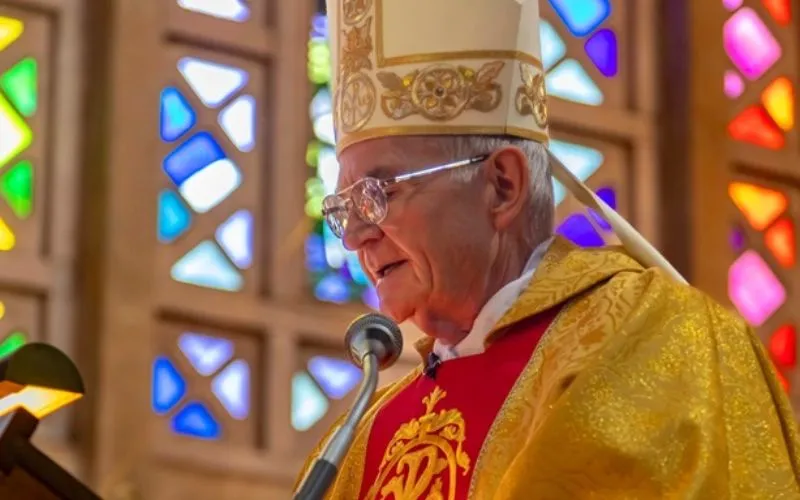The Bishop agrees with the content of the report, “Nigeria: Unfolding Genocide? An Inquiry by the UK All-Party Parliamentary Group for International Freedom of Religion or Belief,” which was launched Monday, June 15 in the House of Commons in London.
The report assesses the causes of the conflict, the Nigerian authorities’ response, and proposes recommendations dealing with humanitarian aid, information-sharing, security and peace-building, education and the role of the international community in the conflict.
The protracted attacks by the militant group Boko Haram who frequently abduct and kill those who refuse to conform to their extremist brand of Islam and the reported killings by the Fulani herdsmen seem to characterize the conflict in Nigeria.
“Unfortunately, Boko Haram is not the only threat that Nigerian Christians face. Attacks by armed groups of Fulani herdsmen have resulted in the killing, maiming, dispossession and eviction of thousands of Christians,” the report, which sought responses from people who have been affected by the violence indicates.
Individuals and organizations who gave oral or written testimonies in the 51-page report include the Forum on Farmer and Herder Relations in Nigeria, the UK Government, the Nigerian National Christian Elders Forum, Humanitarian Aid Relief Trust, the Muslim Public Affairs Centre Nigeria and among others.
Respondents in the report note that a combination of poor resource management, climate change, population growth and insecurity has led to enormous pressure on resources.
“This pressure has forced herders to drive their cattle to wherever water and grass are available which, in many cases, has been the land of settled farming communities resulting in increasing conflict,” the 2020 report shows.
It notes that historically, village chiefs and herder leaders have kept the peace, mediating between parties and coming to mutually accepted decisions, which were kept by sending anyone who defied them to face local authorities.
The increased conflict has, however, strained the capacity of these leaders to reduce tensions and amicably resolve conflict, a situation that has led to the breakdown of historical dispute settlement mechanisms and in turn, facilitated conflict turning to violence.
These militias, who are often backed by ethnic, political and religious leaders, have been forming in much greater numbers recently and have also been engaging in increasingly premeditated attacks.








